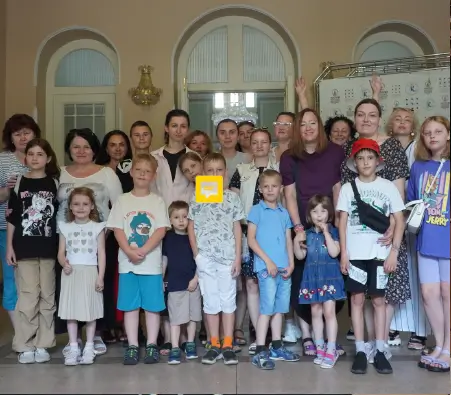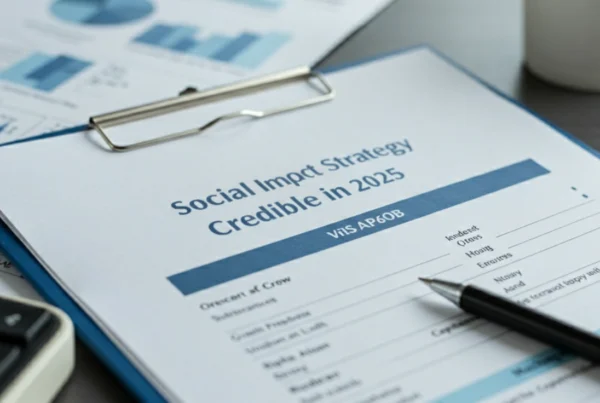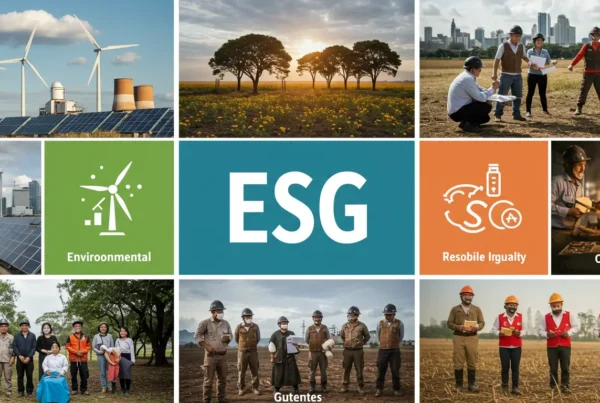Social impact measuring cannot simply be done by tracking the finances or counting the participants. This is the ability to know how the different programs improve the quality of life, the state of the community, and the conditions of the environment in very concrete terms. A Social Impact Consultant is the one who is the most important in the process of stating, measuring, and forming this kind of work impact.
In this composition, we will talk about the ways that the consultants are focusing on social impact assessment and reporting, the types of instruments that the company would have, and the results from the professional help.
The Role of a Social Impact Consultant in Impact Measurement
A Social Impact Consultant is a person who helps organizations go from having vague aspirations to achieving clearly measurable outcomes. They help the stakeholders with each and every step including setting objectives, selecting indicators, gathering data, and transforming the findings into actionable insights.
Consultants guarantee that the impact measurement is in accordance with the organizational values, fulfills the funder requirements, and narrates a trustworthy story to the stakeholders. Their knowledge not only makes complicated structures easier but also confirms that the reports cover the qualitative and quantitative requirements.
Choosing the Right Framework: A Consultant’s Approach
All organizations are not made the same and rest assured that there is no universal framework that suits all. A Social Impact Consultant, as a general rule, analyzes objectives, capacity, and stakeholder’s predictions before suggesting a path.
Mainstream frameworks include:
- Theory of Change (ToC): The map of the route from activities to outcomes and long-term goals.
- SROI (Social Return on Investment): The process of giving a monetary value to social outcomes to measure impact in financial language.
- Social Earnings Ratio (SER): The social value per unit of resource consumed.
- Blended Value: The mix of social, ecological, and financial metrics for holistic impact.
Fighting the shadows with the right model, organizations become straightforward, and thus as a result, they are able to make aligned reports and effectively show their results.
Measurement Methodologies & Tools
Measurement uses qualitative and quantitative methods. Commonly available methods are surveys, interviews, case studies, and data analytics.
A Social Impact Consultant could suggest:
- The SROI principles for stakeholder involvement and clear monetization.
- The Impact Evaluation method that connects the causative effect with the targeted interventions.
- The AI-enabled analytics which help monitor the diversity, pay equity, and employees’ well-being as per the real-time data.
Thus, the tools are not only right but also applied in practice.
Read More: Future Trends in Social Impact Consulting
Reporting Standards & Data Use
Transparency and accountability drive credibility. Consultants align reports with global standards such as:
-
ESG Reporting: Focuses on environmental, social, and governance metrics.
-
Social Reporting Standard (SRS): Ensures consistent, comparable data for social organizations.
Modern tools like interactive dashboards and data storytelling platforms help visualize results, making reports accessible to both technical and non-technical audiences.
Benefits of Engaging a Social Impact Consultant
The Social Impact Consultant’s contribution is through:
- Higher trust and transparency fostered by better data and quality.
- Creating relevant templates that fit specifically to the individual funder’s and stakeholder’s needs.
- Bringing the organizational objectives and social effects into a better and closer relation.
- Using professional tools and frameworks makes things easier.
This help makes it possible for organizations to concentrate on their work while they let impact data direct strategic choices.
Common Pitfalls & How Consultants Help Avoid Them
Some of the challenges faced by most of the organizations are:
- Mistaking outputs (e.g., number of workshops) for outcomes (e.g., behavior change) because of confusion.
- Citing anecdotal evidence too often as the sole proof of a certain phenomenon without the necessary statistical counterevidence.
- Lack of uniformity in reporting standards across programs.
- Interpreting SROI incorrectly by overstatement or understatement of the impact.
While working with a Social Impact Consultant, one is guaranteed to get precise definitions, rigorous methodologies, and consistency in project comparisons.
Emerging Trends in Social Impact Reporting
The field is evolving rapidly. Current trends include:
-
AI & HR Analytics for real-time tracking of workforce well-being and DEI metrics.
-
Impact Investing driving demand for standardized, comparable data.
-
Portfolio-Level Impact Measurement to evaluate collective outcomes across multiple programs.
Staying ahead of these trends helps organizations remain competitive and credible.
FAQs
What is a Social Impact Consultant?
A professional who helps organizations measure, evaluate, and report on social and environmental outcomes.
How do you measure social impact?
Through frameworks like SROI, Theory of Change, SER, and ESG metrics combined with data analytics.
What’s the difference between outputs and outcomes?
Outputs are activities delivered; outcomes reflect real, measurable changes resulting from those activities.
Can social impact be expressed financially?
Yes, models like SROI monetize social outcomes, but accuracy and transparency are essential.
Final Thoughts
Social impact measurement and reporting are no longer optional—they are critical for securing funding, demonstrating accountability, and improving programs. With the guidance of a Social Impact Consultant, organizations can turn data into powerful stories of change, ensuring every effort counts toward meaningful outcomes.




